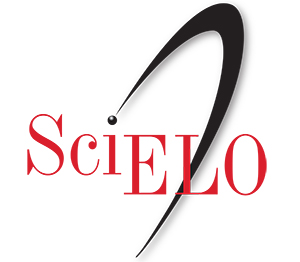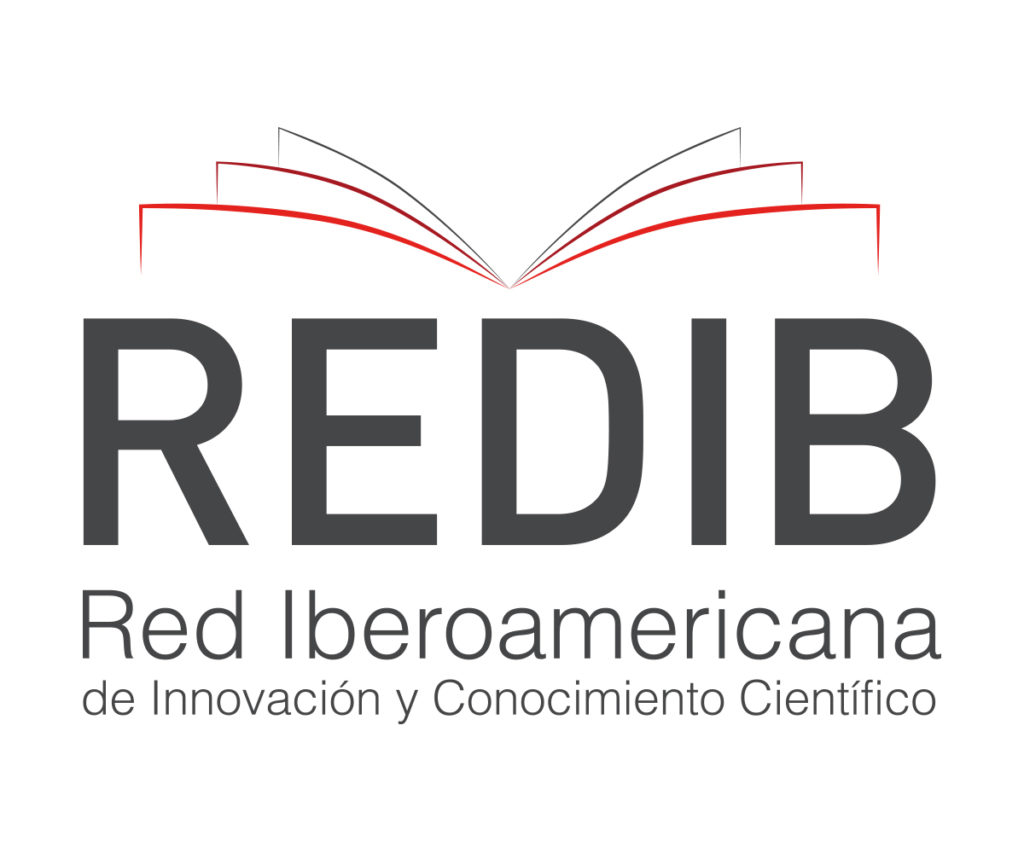La unidad del escepticismo humeano
The Unity of Hume’s Skepticism
DOI:
https://doi.org/10.15446/ideasyvalores.v72n10Supl.111011Palabras clave:
D. Hume, escepticismo, naturalismo, asociación de ideas, copia, separabilidad (es)skepticism, naturalism, principle of association of ideas, principle of copying, principle of separability (en)
Descargas
Los intérpretes han dividido la filosofía de Hume, su “lógica”, en dos partes: la destructiva, compuesta por sus análisis filosóficos, su crítica del racionalismo y sus momentos escépticos; la constructiva, que contiene su asociacionismo psicológico, su ciencia empírica de la naturaleza humana y sus momentos naturalistas o realistas. Mi intención es cuestionar cualquier interpretación que suponga esa dicotomía, y mostrar que Hume realiza ambas tareas al mismo tiempo, en etapas sucesivas. Muestro la unidad de su filosofía en tres tópicos: un examen de la articulación entre el principio de la copia y los principios de asociación; un análisis de la estructura de los argumentos de Hume una crítica de los supuestos momentos escéptico y naturalista.
The interpreters divided Hume's philosophy, his "logic," into two parts: the destructive part would be composed of his philosophical analyses, his critique of rationalism, and his skeptical moments; the constructive part would contain its psychological associationism, its empirical science of human nature, and its naturalistic or realistic moments. My intention is to question any interpretation that involves that two-part dichotomy and instead suggest that Hume performs both tasks at the same time, in successive stages. I show the unity of his philosophy in three topics: an examination of the articulation between the principle of copying and the principles of association; a demonstration of how Hume performs different tasks in two distinct stages, one negative and one positive; and a critique of the supposed skeptical and naturalistic moments.
Referencias
Allison, Henry. Custom and Reason in Hume: A Kantian Reading of the First Book of the Treatise. Clarendon Press, 2008. DOI: https://doi.org/10.1093/acprof:oso/9780199532889.001.0001
Ayer, Alfred J. Hume: a Very Short Introduction. Oxford University Press, 1980.
Bennett, Jonathan. Locke, Berkeley, Hume: central themes. Clarendon Press, 1971.
Broughton, Janet. “Hume’s Naturalism and His Skepticism.” A Companion to Hume. Edited by Elizabeth Radcliffe. Blackwell, 2008. 425-440. DOI: https://doi.org/10.1002/9780470696583.ch23
De Pierris, Graciela. Ideas, Evidence, and Method: Hume’s Skepticism and Naturalism concerning Knowledge and Causation. Oxford University Press, 2015. DOI: https://doi.org/10.1093/acprof:oso/9780198716785.001.0001
Flew, Anthony. David Hume: Philosopher of Moral Science. Blackwell, 1986.
Fogelin, Robert J. Hume’s Skepticism in the Treatise of Human Nature. Routledge and Kegan Paul, 1985.
Fogelin, Robert J. Hume’s skeptical crisis: a textual study. Oxford University Press, 2009. DOI: https://doi.org/10.1093/acprof:oso/9780195387391.001.0001
Garrett, Don. Cognition and Commitment in Hume’s Philosophy. Oxford University Press, 1997. DOI: https://doi.org/10.1093/oso/9780195097214.001.0001
Hume, David. [t] A Treatise of Human Nature. Edited by David Fate Norton and Mary J. Norton. Oxford: Oxford University Press, 2004.
Hume, David. [ehu] An Enquiry concerning Human Understanding. Edited by L. A. Selby-Bigge, revised by P.H. Nidditch. Clarendon Press, 1986.
Hume, David. [sbn] An Enquiry concerning the Principles of Morals. Edited by L. A. Selby-Bigge, revised by P.H. Nidditch. Clarendon Press, 1986.
Jones, Peter. Hume’s sentiments. The University Press, 1982.
Kail, Peter. “Is Hume a Realist or an Anti-Realist?” A Companion to Hume. Edited by Elisabeth Radcliffe. Blackwell, 2008. 441-456. DOI: https://doi.org/10.1002/9780470696583.ch24
Kemp-Smith, Norman. The Philosophy of David Hume. Macmillan, 1966 (1941). DOI: https://doi.org/10.1057/9780230511170
Loeb, Louis. Stability and Justification in Hume’s Treatise. Oxford University Press, 2002. DOI: https://doi.org/10.1093/0195146581.001.0001
Norton, David F. David Hume: Common-Sense Moralist and Skeptical Metaphysician, Princeton University Press, 1982.
Noxon, James. Hume’s Philosophical Development. Clarendon Press, 1973.
Owen, David. Hume´s Reason. Oxford University Press, 1999.
Passmore, John. Hume’s Intentions, 3rd edition. Duckworth, 1980.
Penelhum, Terence. Hume. The MacMillan Press, 1975. DOI: https://doi.org/10.1007/978-1-349-01057-8
Popkin, Richard. “David Hume: His Pyrrhonism and His Critique of Pyrrhonism.” The High Road to Pyrrhonism. Edited by Richard Watson and James Force. Indianapolis,
Cambridge: Hackett, 1980. 103-132.
Read, Rupert, and Kenneth A. Richman, eds. The New Hume Debate. Routledge, 2000.
Reid, Thomas. Essays on the Intellectual Powers of Man. mit Press, 1969.
Reid, Thomas. An Inquiry into the Human Mind. University of Chicago Press, 1970.
Ribeiro, Brian. “Hume’s Changing Views on the ‘Durability’ of Scepticism.” The Journal of Scottish Philosophy, 7 (2009): 215–236. DOI: https://doi.org/10.3366/E1479665109000451
Robinson, Wade. “David Hume: Naturalist and Meta-Sceptic.” Hume: a Re-evaluation. Edited by Donald W. Livingston and James T. King. Fordham University Press,
23-49.
Russell, Bertrand. A History of Western Philosophy. Touchstone, 1972.
Russell, Paul. The Riddle of Hume’s Treatise: Skepticism, Naturalism, and Irreligion. Oxford University Press, 2008. DOI: https://doi.org/10.1093/acprof:oso/9780195110333.001.0001
Schafer, Karl. “Curious Virtues in Hume’s Epistemology.” Philosophers Imprint, 1 (2013): 1-20.
Schmitt, Frederick. Hume’s Epistemology in the Treatise: A Veritistic Interpretation, Oxford: Oxford University Press, 2014. DOI: https://doi.org/10.1093/acprof:oso/9780199683116.001.0001
Singer, Ira. “Nature Breaks Down: Hume’s Problematic Naturalism in Treatise i iv.” Hume Studies 26 (2000): 225-243. DOI: https://doi.org/10.1353/hms.2000.a385724
Smith, Plínio J. “O ceticismo naturalista de David Hume.” Manuscrito 13 (1990): 69-86.
Smith, Plínio J. O ceticismo de Hume. Loyola, 1995.
Smith, Plínio J. “La raison sceptique de Hume.” Scepticisme et modernité. Marc-André Bernier et Sébastien Charles. Université de Saint-Étienne, 2005. 117-134.
Smith, Plínio J. “Hume on Skeptical Arguments.” In Pyrrhonism in Ancient, Modern, and Contemporary Philosophy, edited by Diego Machuca. Springer, 2011. 171-189. DOI: https://doi.org/10.1007/978-94-007-1991-0_9
Stegmüller, W. “Zur Frage der kausalen Notwendigkeit. Bemerkungen über Hume und Kant.” In Hume und Kant: Interpretation und Diskussion. Herausgeben von Wolfgang Farr. Verlag Karl Alber, Freiburg/München, 1982. 130-142. DOI: https://doi.org/10.1007/978-3-642-61771-3_3
Strawson, Galen The Secret Connexion: causation, realism, and David Hume. Oxford University Press, 1989.
Strawson, Peter F. Skepticism and Naturalism: Some Varieties. Columbia University Press, 1985. DOI: https://doi.org/10.7312/stra92820
Stroud, Barry. Hume. Routledge and Kegan Paul, 1977.
Stroud, Barry. “Hume’s skepticism: Natural Instincts and Philosophical Reflection.” Philosophical Topics, 19 (1991): 271-291. DOI: https://doi.org/10.5840/philtopics199119120
Thielke, Peter. “Hume, Kant, and the Sea of Illusion.” Hume Studies 29 (2003): 63-88. DOI: https://doi.org/10.1353/hms.2011.0150
Wright, John P. The Skeptical Realism of David Hume. Manchester University Press, 1983.
Cómo citar
MODERN-LANGUAGE-ASSOCIATION
ACM
ACS
APA
ABNT
Chicago
Harvard
IEEE
Turabian
Vancouver
Descargar cita
Licencia
Derechos de autor 2023 Los derechos son del autor(es), quien(es) puede re-publicar en parte o en su totalidad el documento ya publicado en la revista siempre y cuando se dé el debido reconocimiento a Ideas y Valores

Esta obra está bajo una licencia internacional Creative Commons Atribución-NoComercial-SinDerivadas 4.0.
De acuerdo con la Licencia Creative Commons Atribución-No Comercial-SinDerivar 4.0 Internacional. Se autoriza copiar, redistribuir el material en cualquier medio o formato, siempre y cuando se conceda el crédito a los autores de los textos y a Ideas y Valores como fuente de publicación original. No se permite el uso comercial de copia o distribución de contenidos, así como tampoco la adaptación, derivación o transformación alguna de estos sin la autorización previa de los autores y de la dirección de Ideas y Valores. Para mayor información sobre los términos de esta licencia puede consultar: http://creativecommons.org/licenses/by-nc-nd/4.0/legalcode.















.jpg)











